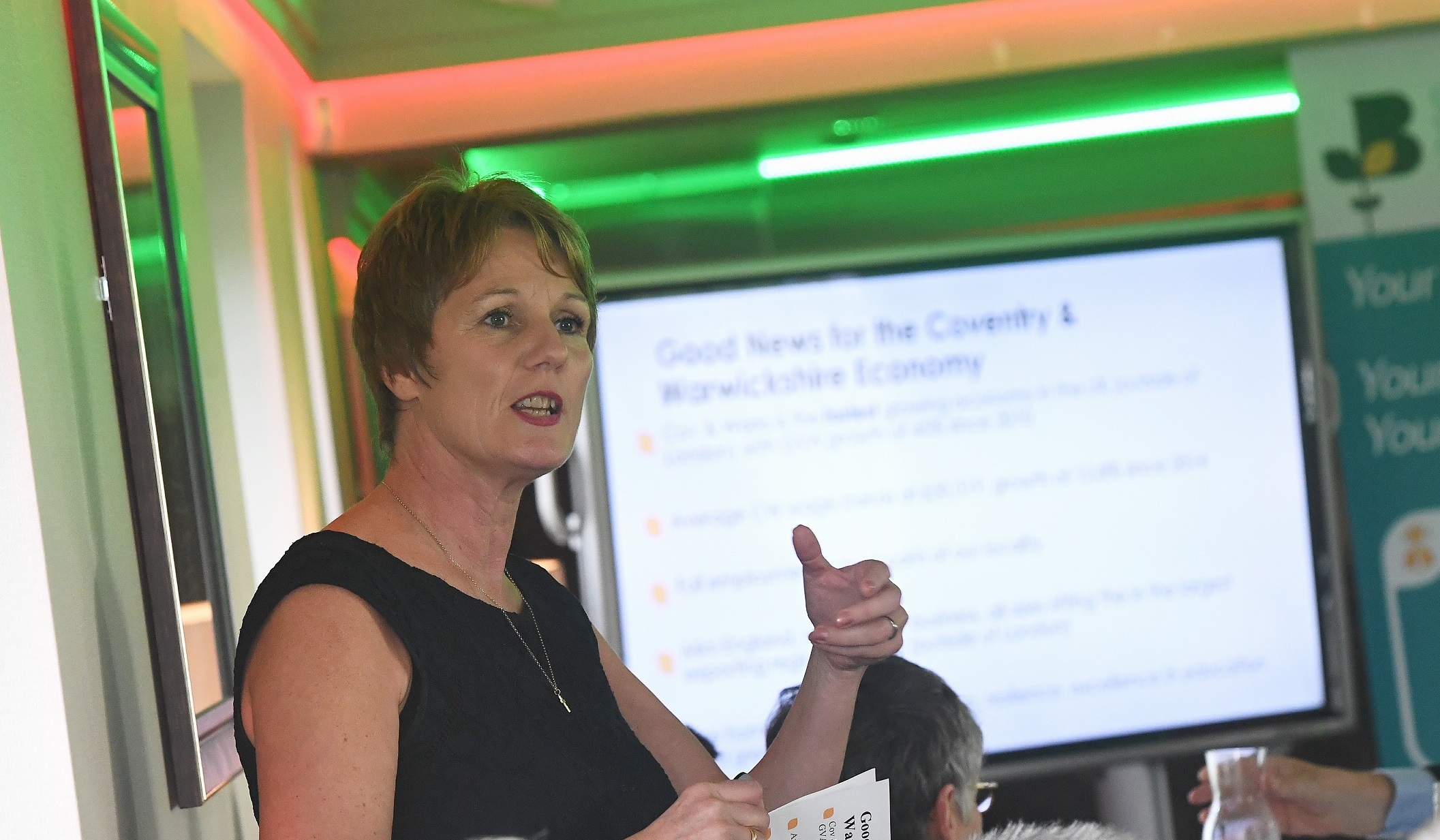Chamber reacts to unemployment rise
Business leaders in Coventry and Warwickshire say the full scale of the rise in unemployment will be felt in the coming months after figures revealed it is at its highest level for two years.
The unemployment rate rose to 4.1 per cent in the three months to July – with young people being the most affected – and Louise Bennett, chief executive of the Coventry and Warwickshire Chamber of Commerce, said it would inevitably rise again.
She said: “We know from regional intelligence that once the furlough scheme finishes, we are going to see a further rise in unemployment.
“So the next round of figures are, more than likely, going to get worse before we can hope that they start to get better.
“The Government has introduced the new Kickstart scheme to help young people into the workplace and businesses that want to benefit from that can contact the Chamber for support in accessing that programme.
“We also support colleagues at the British Chambers of Commerce in calling for a major cut in employer National Insurance Contributions to reduce the overall cost of employment.”
British Chambers of Commerce Head of Economics Suren Thiru said: “Despite the slight rise in the unemployment rate, the furlough scheme continues to limit the pandemic’s full impact on headline job figures.
“However, the decline in employees on payrolls and the rise in the claimant count in August as the furlough scheme began to taper is a clear warning that the full impact of Coronavirus on the UK labour market is yet to come.
“While there was a rise in the number of job vacancies, this is more likely to reflect a temporary bounce as the economy gradually opened, rather than a meaningful upturn in demand for labour. With many firms still facing waves of cash flow problems, rising costs and an uncertain economic outlook, it is probable that unemployment will escalate sharply as government support winds down.
“To help avoid a damaging cliff edge for jobs more must be done help firms keep staff on through this deeply challenging period. This should include a significant cut in employer National Insurance Contributions and more substantial support for firms placed under local lockdowns.”

